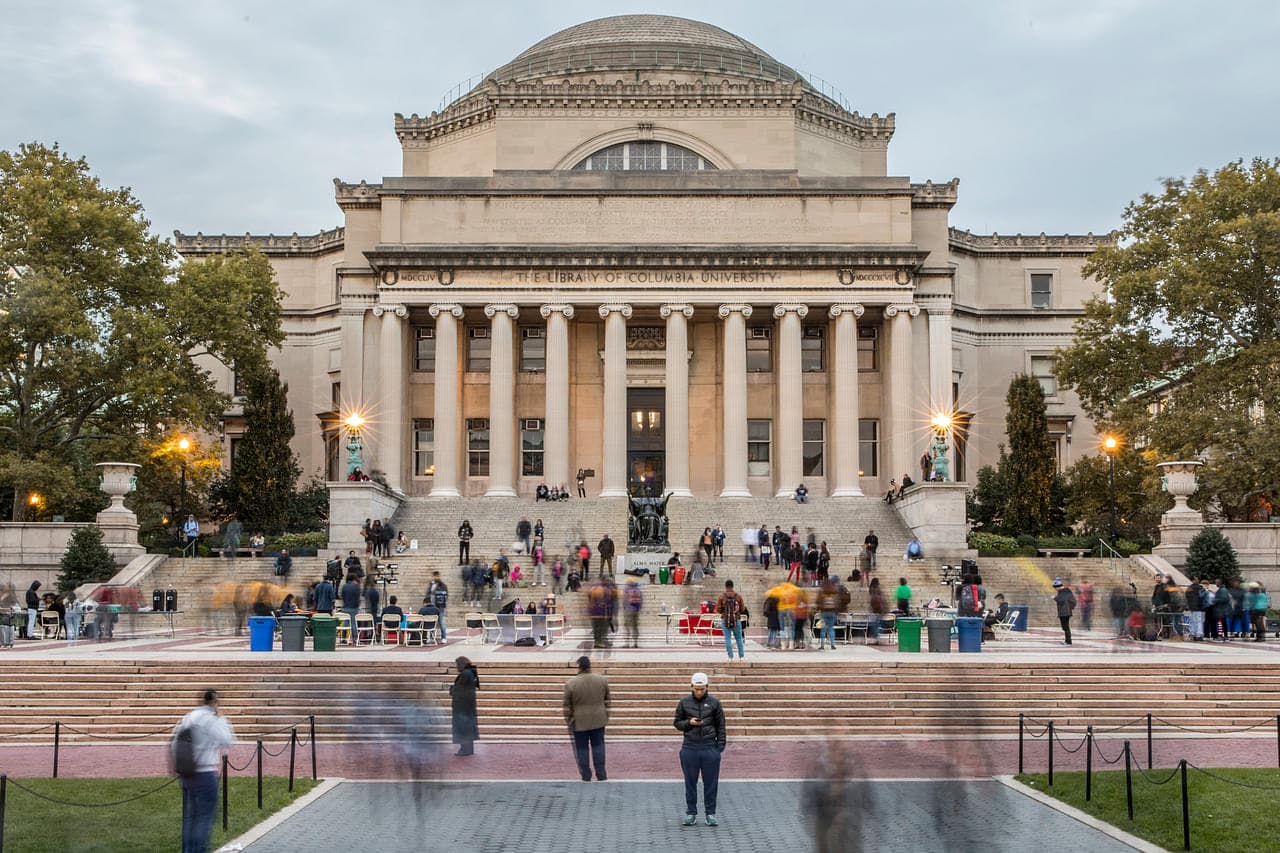Bachelor of Arts (English and Comparative Literature) at Columbia University
New York, United States
- Tuition Fee $ 60,514
- Country Rank-
- Duration48 Months
- Score IELTS: 7.5 TOEFL: 100
Program Overview
The program in English fosters the ability to read critically and imaginatively, to appreciate the power of language to shape thought and represent the world, and to be sensitive to the ways in which literature is created and achieves its effects. It has several points of departure, grounding the teaching of critical reading in focused attention to the most significant works of English literature, in the study of the historical and social conditions surrounding literary production and reception, and in theoretical reflection on the process of writing and reading and the nature of the literary work.
The courses the department offers draw on a broad range of methodologies and theoretical approaches, from the formalist to the political to the psychoanalytical (to mention just a few). Ranging from the medieval period to the 21st century, the department teaches major authors alongside popular culture, traditional literary genres alongside verbal forms that cut across media, and canonical British literature alongside postcolonial, global, and trans-Atlantic literatures.
At once recognizing traditional values in the discipline and reflecting its changing shape, the major points to three organizing principles for the study of literature—history, genre, and geography. Requiring students not only to take a wide variety of courses but also to arrange their thinking about literature on these very different grids, the major gives them broad exposure to the study of the past, an understanding of the range of forms that can shape literary meaning, and an encounter with the various geographical landscapes against which literature in English has been produced.
Cost Of Studying At Columbia University
Interest rates as low as 8.9% *
250K+
Students Assisted
800Cr+
Loan Amount Disbursed
5000+
Loans Sanctioned
